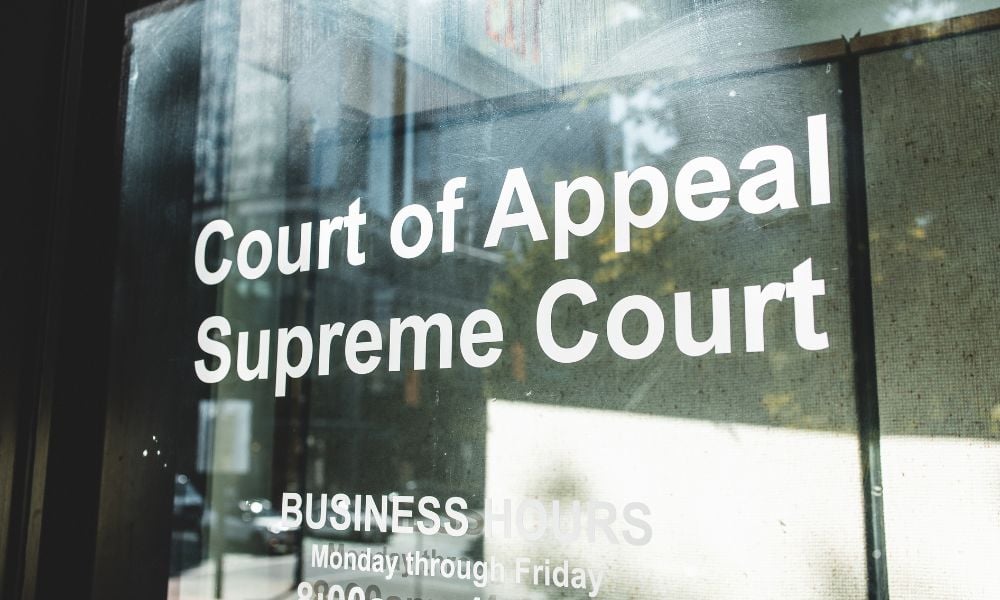
The deceased remained ordinarily resident in BC, and the province was the appropriate forum: court

The BC Supreme Court affirmed its jurisdiction over a dispute regarding the validity of a will and rejected the request of the deceased's alleged common-law partner to transfer the case to Alberta.
The deceased, who passed away in a car accident in April 2022, had a will that named his legal spouse as executor and primary beneficiary. However, another woman, along with her daughter, claimed that the deceased had been separated from his spouse since 2017 and was in a common-law relationship with her at the time of his death. The main assets in question include the deceased's business and a home in BC, along with other movable property.
The applicants, the common-law partner and her daughter, asked the court to decline its jurisdiction over the case in favour of the Alberta courts, where the deceased and the applicant had allegedly been living together. They also argued that the deceased was ordinarily a resident of Alberta, and thus, Alberta law should govern the administration of his estate. In their application, they sought to stay the proceedings initiated by the deceased's spouse, who had petitioned the BC court for orders to validate the will and confirm her role as executor.
The BC Supreme Court's decision addressed two key issues: territorial competence and forum non conveniens. Regarding territorial competence, the court found it had jurisdiction under BC law, as the deceased had significant ties to the province, including home ownership and business assets. The court rejected the applicants' argument that Alberta law should apply, ruling that the deceased was still ordinarily resident in BC at the time of his death.
In its analysis of forum non conveniens, the court considered the convenience and expense of proceedings for both parties, the applicable law, and the risk of duplicative legal actions in different provinces. The court concluded that there was no compelling reason to defer to Alberta courts and that British Columbia was the appropriate forum for resolving the dispute.
The court also highlighted that proceedings in Alberta, initiated by the applicants, were at an earlier stage, and the current BC petition had already made significant progress. As a result, allowing the BC court to retain jurisdiction would promote the fair and efficient working of the Canadian legal system.